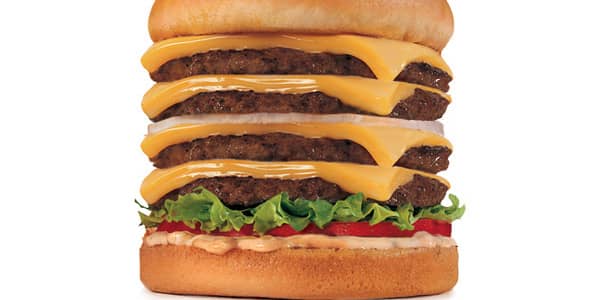Sales at U.S. retailers may have posted their largest gain in five months ... a scant 0.4 percent.
While some are viewing these resultsas the final word ending all debate about the possibility of a double-dip recession, others say "Not so fast."
It's all about comparisons ... specifically August versus September. And household spending versus household debt.
Sales in August were boosted by back-to-school spending and gave the clothing category its first pop since March. Apparently Mom and Dad were out buying clothes for Junior.
But there were a significant number of tax holidays in August, which prompt some to make earlier purchases. The upshot? You have to wait until September to see if those August purchases were incremental or merely the result of a shift in timing.
If September shows a similar growth rate for retail sales, annualized third-quarter consumption growth would come in just above the 2.0 percent recorded in the second quarter, according to Paul Dales, U.S. economist at Capital Economics in Toronto.
"That's strong enough to prevent a second recession, but not anywhere near fast enough to prompt a rapid rebound in GDP growth," Dales said.
Plenty of consumers are still struggling and that's unlikely to change in the near future. Unemployment is persistently high and there remains a desire to pay down debt.
And Dales said he's "increasingly concerned" about what will happen if more homeowners' mortgages slip under water as home prices fall again, as they appear to be poised to do.
Goldman Sachs economists raised a good question in a recent research note: "What is the 'right' level of household debt, and how long will it take to get there?"
Goldman's Andrew Tilton said if you assume the same pace of deleveraging and a household income that rises only modestly it could take "the better part of a decade" to reach a new equilibrium, using their assessment of mortgage and consumer debt levels, compared with historic averages.
But the good news is Tilton doesn't expect consumer deleveraging to completely stymie the economy.
"Since it is the change—not the level of saving that matters for growth—debt reduction would not necessarily prevent GDP growth from recovering at above-trend levels before the end of the deleveraging process."
So in other words, even though consumers will be spending less for a long time to come, it doesn't mean growth will remain low. It's the comparisons that will matter.
Questions? Comments? Email us at consumernation@cnbc.com





